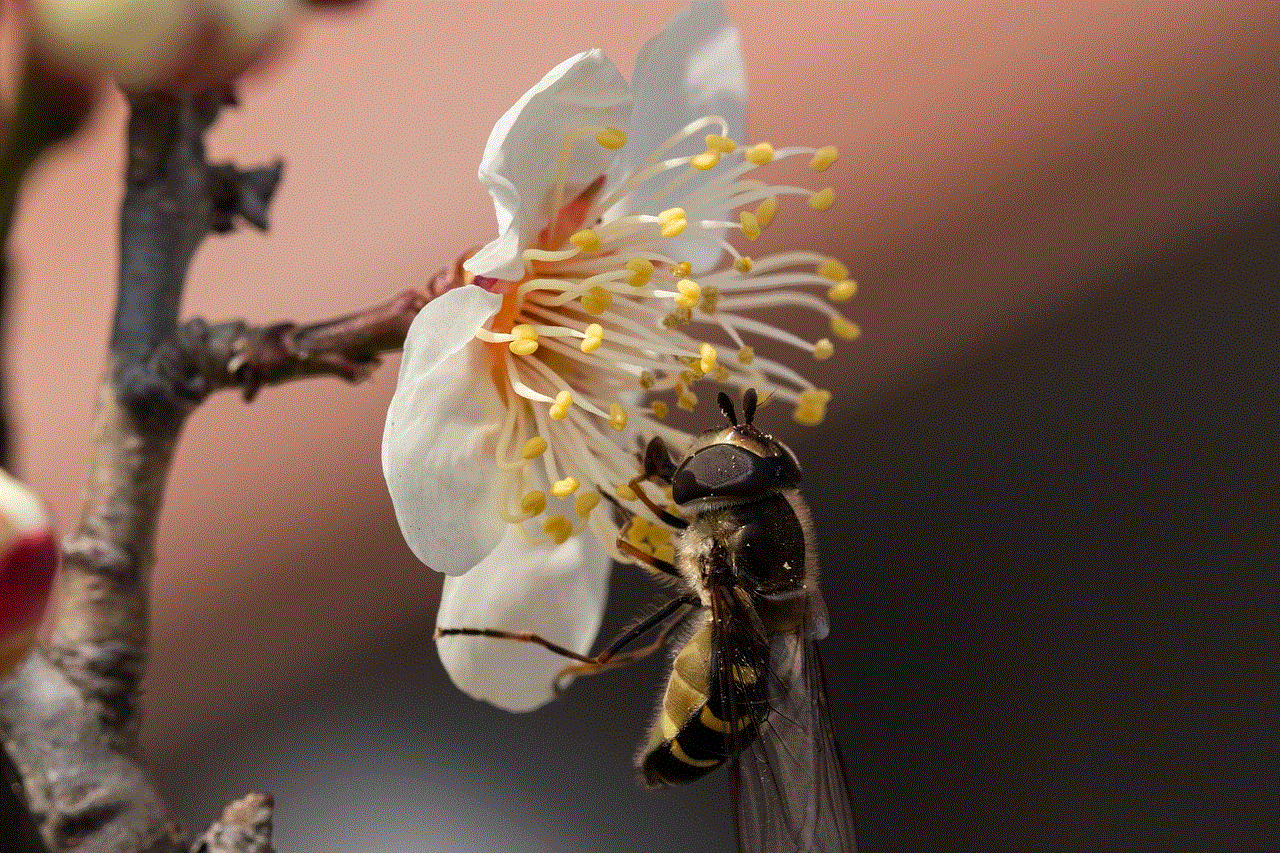what does the word bougie mean
The word “bougie” has become a popular term in recent years, especially within the world of social media and popular culture. It can be seen in hashtags, memes, and even song lyrics. But what does this word actually mean? Is it just a passing trend, or does it hold a deeper significance? In this article, we will delve into the origins and evolution of the word “bougie” and explore its various meanings and connotations.
To start off, let’s define the word itself. According to Merriam-Webster, “bougie” is defined as “marked by a concern for wealth, possessions, and respectability.” It is a slang term that is often used to describe someone who is perceived as being materialistic or pretentious. The word is derived from the French word “bourgeoisie,” which refers to the middle class.
The origins of the word can be traced back to the 18th century, when it was first used to describe the wealthy and upper-class citizens of France. During this time, the bourgeoisie were seen as the epitome of refinement and sophistication. They were known for their luxurious lifestyles, expensive tastes, and obsession with social status. As a result, the term “bougie” became associated with this specific group of people.
Over time, the word “bougie” evolved and took on a different meaning. In the 19th century, it was used to describe someone who was trying to imitate the lifestyle and manners of the bourgeoisie, even though they did not come from that class themselves. This term was often used in a derogatory manner, implying that the person was trying too hard to fit in with a higher social class.
In the 20th century, the word “bougie” took on yet another meaning. It became associated with hip-hop culture and was used to describe someone who was flashy and materialistic. In rap lyrics, it was often used as a term of endearment, similar to “homie” or “brother.” However, it could also be used sarcastically to poke fun at someone who was perceived as being overly concerned with material possessions.
In recent years, the term “bougie” has gained even more popularity, thanks to the rise of social media and popular culture. It is often used in hashtags such as #bougieproblems or #bougieaf, which are meant to be humorous and self-deprecating. The word has also been featured in popular songs, such as “Bougie” by rapper Lil Wayne and “Boujee” by rap group Migos.
One of the reasons why the word “bougie” has become so widely used is because it is relatable to many people. In today’s society, there is a constant pressure to project a certain image of success and wealth. Social media platforms allow us to curate our lives and only show the best and most glamorous aspects. This can lead to a phenomenon known as “bougie culture,” where people are obsessed with material possessions and projecting a certain image of success.
However, the word “bougie” is not always used in a negative or judgmental way. In fact, it has been reclaimed by some as a term of empowerment. Many people use it to describe themselves or their friends, not as a way to criticize their materialistic tendencies, but as a way to celebrate their hard work and success. It has become a way to embrace and own one’s extravagant lifestyle, rather than feeling ashamed or apologetic about it.
Another reason for the popularity of the word “bougie” is its versatility. It can be used to describe a wide range of behaviors and attitudes, from someone who is obsessed with designer labels to someone who enjoys the finer things in life but is not necessarily flashy. It can also be used to describe a certain aesthetic, such as a bougie restaurant or a bougie outfit. This flexibility has allowed the word to become a part of everyday language and pop culture references.
However, with its widespread usage also comes criticism and backlash. Some argue that the term “bougie” perpetuates classism and reinforces negative stereotypes about the middle class. It can also be seen as a form of gatekeeping, where only those who fit a certain definition of success are allowed to use the term. This can be exclusionary and alienating to those who do not conform to societal standards of wealth and success.
In addition, the word “bougie” has been accused of being culturally appropriative. As mentioned earlier, it originated from the French word “bourgeoisie” and has been used to describe the lifestyles of the upper class. However, in recent years, it has been adopted by mainstream culture, often without acknowledging its origins. This can be seen as an erasure of the word’s history and significance.
In conclusion, the word “bougie” has gone through a significant evolution over the years. From its origins in 18th century France to its modern-day usage in social media and popular culture, it has taken on various meanings and connotations. While some view it as a harmless slang term, others see it as perpetuating negative stereotypes and cultural appropriation. Regardless of one’s opinion on the word, it is undeniable that “bougie” has become a prominent part of our vocabulary and will continue to be used in various contexts for years to come.
funny dark memes
Memes have become a staple of internet culture, providing a quick and easy way to express humor and relatability. While most memes tend to be light-hearted and silly, there is a subset of memes that delve into the darker side of humor. These are known as dark memes, and they have gained a widespread following in recent years. From twisted punchlines to morbid imagery, these memes push the boundaries of what is considered funny, often leaving people in shock and awe. In this article, we will explore the world of funny dark memes, their origins, and why they have become so popular.
To understand the appeal of dark memes, we must first define what exactly they are. Dark memes are a subgenre of memes that focus on dark humor, which refers to jokes or images that involve death, violence, or other taboo subjects. These memes often take a twisted approach to these topics, using irony, satire, or absurdity to make light of them. While they may be off-putting to some, they have gained a large following due to their shock value and ability to address uncomfortable topics in a humorous way.
The origins of dark memes can be traced back to the early days of the internet, with sites like 4chan and Reddit being the breeding grounds for these types of memes. The anonymity of these platforms allows people to share content without fear of judgment or consequences. This has led to the creation of some of the most controversial and outrageous memes, including the infamous “Pepe the Frog” meme, which has been associated with various hate groups. However, not all dark memes have negative connotations, and many are simply meant to be edgy and provocative.
One of the most significant factors contributing to the popularity of dark memes is their relatability. In today’s society, people are constantly bombarded with negative news and images, and sometimes the only way to cope with these realities is through humor. Dark memes provide an outlet for people to express their frustrations and anxieties in a way that is both cathartic and entertaining. They also serve as a way for people to connect with others who share similar dark and twisted senses of humor.



Another reason for the rise of dark memes is the constant need for shock value in the world of social media. With millions of memes being shared every day, it takes something truly unique and outrageous to stand out from the crowd. Dark memes, with their taboo subjects and twisted humor, provide just that. They are designed to shock and provoke, making them perfect for viral sharing on platforms like Twitter and Instagram .
However, the appeal of dark memes goes beyond just being edgy and provocative. They also serve as a form of social commentary, highlighting the absurdity and hypocrisy of our society. By taking serious issues and making fun of them, dark memes shed light on the darker side of human nature and the world we live in. In a way, they serve as a coping mechanism for the harsh realities of life, allowing people to laugh at the things that would otherwise make them uncomfortable.
One example of this is the popular “Harambe” meme, which took the internet by storm in 2016. The meme was based on the tragic death of a gorilla named Harambe, who was shot and killed after a child fell into his enclosure at the Cincinnati Zoo. While the incident itself was no laughing matter, the meme took a satirical approach, with people creating memes and jokes about Harambe’s death. This sparked a debate about the line between humor and insensitivity, but also highlighted the absurdity of the situation.
In addition to social commentary, dark memes also serve as a form of escapism. In a world where everything seems to be going wrong, these memes provide a temporary escape from reality. They allow people to disconnect from their problems and indulge in some twisted humor for a brief moment. This escapism is especially appealing to younger generations who are constantly bombarded with societal pressures and expectations. Dark memes provide a way for them to rebel against these norms and find a sense of belonging in a community that shares their dark humor.
However, with the rise in popularity of dark memes, there has also been a backlash against them. Some argue that these memes promote violence and insensitivity towards serious issues. Others believe that they are a reflection of our society’s desensitization towards violence and death. While these concerns may be valid, it is essential to remember that memes are meant to be taken with a grain of salt. They are not meant to be taken seriously, and those who see them as such may be missing the point.
It is also worth noting that dark memes have been around for decades, long before the internet and social media. Comedians have been using dark humor to address sensitive topics and push boundaries for years. In a way, dark memes are just another form of this type of humor, and as long as they are not promoting hate or violence, they should be seen as harmless forms of self-expression.
In conclusion, dark memes have become a prevalent aspect of internet culture, providing a way for people to express their twisted sense of humor and cope with the harsh realities of life. While they may be controversial and not everyone’s cup of tea, they have gained a massive following due to their shock value, relatability, and ability to serve as a form of social commentary and escapism. As long as they are not promoting hate or violence, dark memes should be seen as harmless forms of entertainment and self-expression. So the next time you come across a funny dark meme, remember to take it with a grain of salt and appreciate it for what it is – a dark and twisted joke.
is streaming illegal
Streaming has become a popular form of entertainment in recent years, with the rise of platforms such as Netflix , Hulu, and Amazon Prime. These streaming services offer a vast library of movies and TV shows, allowing users to watch their favorite content at any time and on any device. However, with the convenience of streaming also comes the question of legality. Is streaming illegal? In this article, we will explore the legality of streaming and the potential consequences for those who engage in illegal streaming activities.
To understand the legality of streaming, we first need to define what streaming means. Streaming is the process of transmitting or receiving data (usually video or audio content) over a computer network in real-time. This means that the content is not downloaded onto the user’s device but is instead viewed through a continuous stream of data. This allows users to watch the content without having to wait for it to fully download, making it a convenient and popular form of entertainment.



One of the main reasons why streaming is a popular choice for many is that it is often free. Unlike traditional cable or satellite TV, which requires a subscription fee, many streaming sites offer their content for free or at a much lower cost. This leads to the question, if streaming is free, then why would it be illegal?
The answer lies in copyright laws. Copyright is a form of legal protection that gives the creator of a work (such as a movie or TV show) the exclusive right to control how their work is used and distributed. This means that anyone who wants to use or distribute the copyrighted content must first obtain permission from the copyright owner. This includes streaming the content.
When users stream copyrighted content without permission from the copyright owner, they are essentially committing copyright infringement. This is a violation of the copyright holder’s exclusive rights and is therefore illegal. Many streaming sites and apps that offer free content do not have the necessary licenses or permissions to stream copyrighted material, making their activities illegal.
So, why do these illegal streaming sites and apps still exist? One reason is that it is difficult to track down and prosecute individual users who engage in illegal streaming. Unlike downloading, which leaves a traceable download history on the user’s device, streaming does not leave a permanent record. This makes it challenging for copyright holders to identify and take legal action against individual users.
However, just because it is difficult to track down individual users does not mean that they are immune to legal consequences. Copyright holders can still take legal action against illegal streaming sites and apps, and in some cases, they can also go after individual users. In 2017, a UK man was fined £16,000 for selling illegal streaming devices that allowed users to watch copyrighted content for free.
In addition to the risk of legal consequences, there are also other potential dangers associated with illegal streaming. Many of these sites and apps are not regulated, making them vulnerable to cyber attacks and malware. Users who access these sites and apps also run the risk of unknowingly downloading viruses or malware onto their devices.
Furthermore, illegal streaming can also harm the entertainment industry. When users stream content for free, they are not supporting the creators and producers of the content. This can lead to a decrease in revenue for the entertainment industry, making it challenging for them to continue producing high-quality content.
So, what is the solution to the issue of illegal streaming? The most obvious solution is for users to only stream content from legal and licensed sources. This means paying for a subscription to a streaming service or renting or purchasing digital copies of movies and TV shows. While this may require more financial investment, it ensures that creators and copyright holders are properly compensated for their work.
In addition to supporting legal streaming sources, users can also protect themselves by being cautious about the sites and apps they use to stream content. It is essential to research and verify the legitimacy and licensing of the site or app before using it. Avoiding suspicious or unknown sites can help reduce the risk of malware and viruses.



In conclusion, while streaming may seem like a harmless and convenient form of entertainment, it is crucial to understand the legality of streaming. Engaging in illegal streaming activities not only puts users at risk of legal consequences but also harms the entertainment industry. To support creators and ensure the long-term sustainability of the entertainment industry, it is essential to only stream content from legal sources and avoid illegal streaming sites and apps.